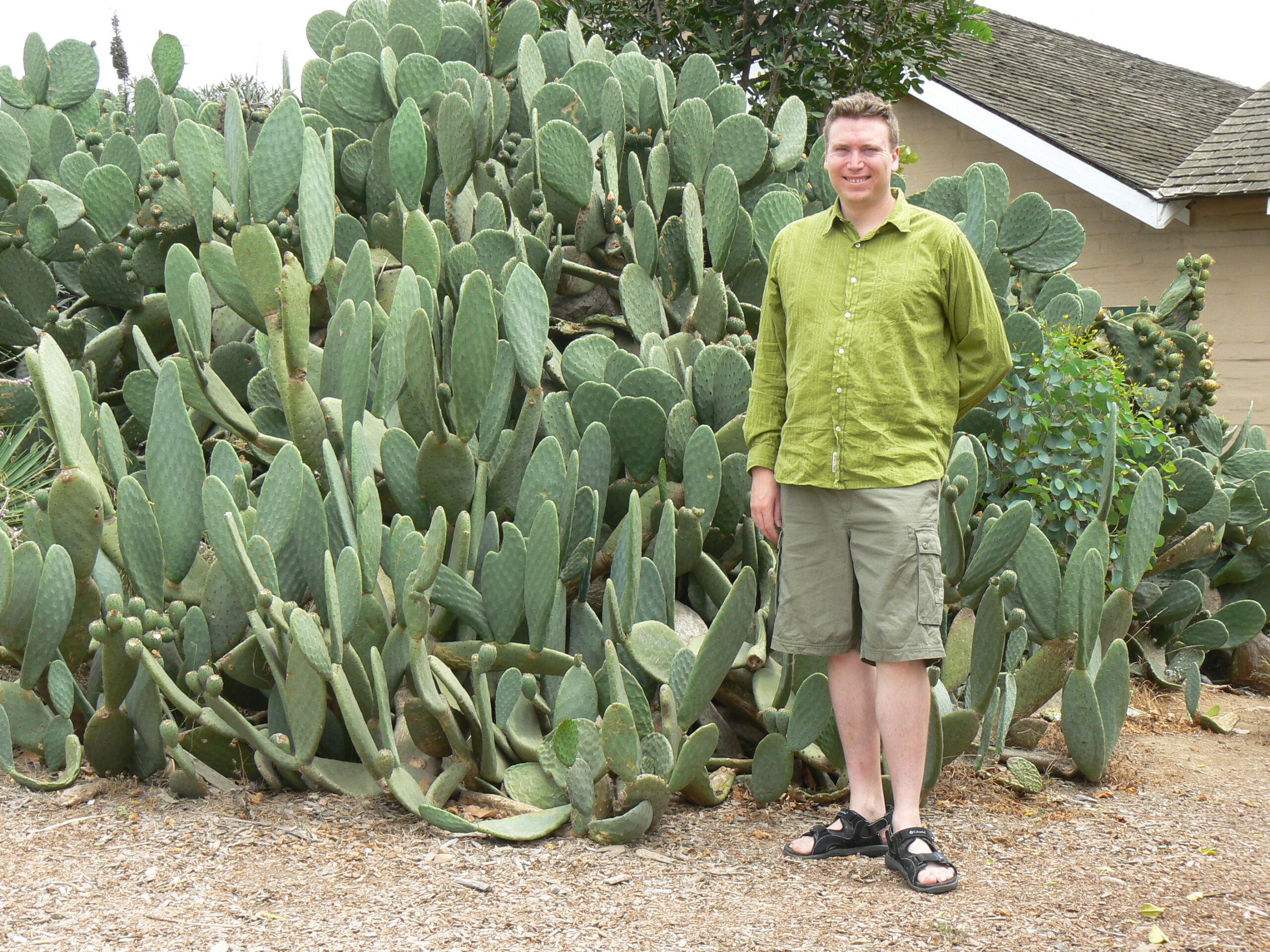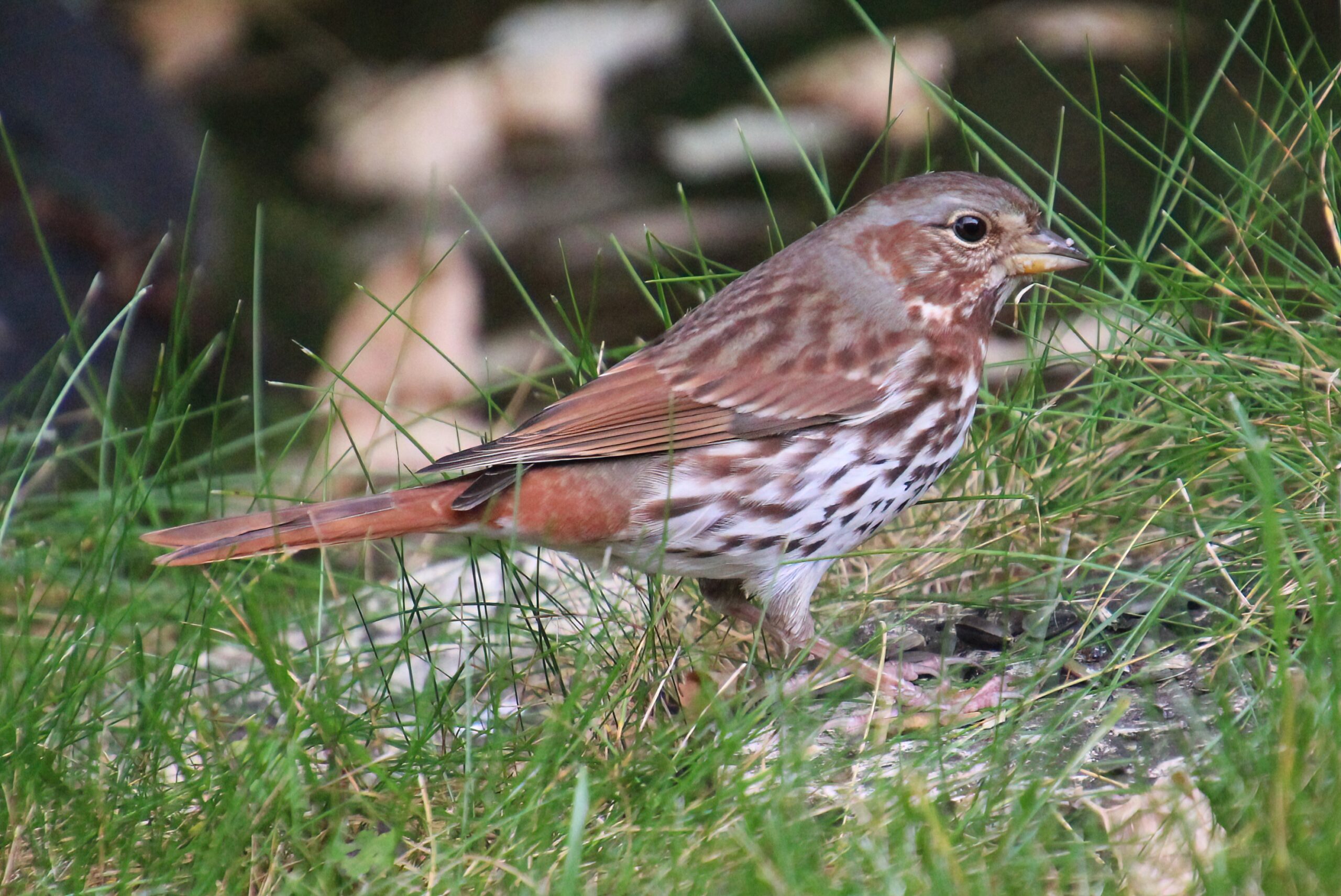My wife and her brother love the Calgary Roughnecks. Each year they get season tickets and plan their lives around the next lacrosse game. Decked out in the home-team jerseys and noise makers, they head down to the Saddle Dome along with thousands of fans. When I’m able, I go along and here’s what I see: at first, complete strangers sitting together, looking at their phones, watching the game, and snacking on pocket-dogs. But when the Roughnecks score, they become family. High-fives all around. Connected. In-it-together-over-the-top-out-of-their-minds-best-friends. Over the years each of the nameless strangers have even been given endearing nick names such as “Cowboy,” “Big Guy,” and “Thumper,” because we’ll probably never know who they really are. Yet in this public place, cheering for a common team, everyone belongs.
About fifty years ago, Edward T. Hall, an anthropologist, developed the theory that we connect with others in four spaces: public, social, personal, and intimate. We use these categories often when we talk about close friends, distant relatives, neighbourhood kids, office parties, or family gatherings. We set the gauge for how much space we put between ourselves and others.
In our neighbourhoods, we might have a mix of all four levels of connections. From very close friends and family, to a nameless person you barely recognize. Whether the connections are close and intimate, or public and distant, there are ways to foster a healthy sense of belonging at all levels.
In each of the four spaces; public, social, personal, and intimate, we can belong. Firstly, in each space we learn the importance of connecting. We need to know that we are not strangers. Secondly, in each space we need to see ourselves as participants. We play a role in making that space meaningful. Thirdly, we come to appreciate that we are significant. So whether we are in a public arena or reading a bedtime story to our kids at night, we can bring life to all four spaces we inhabit.
Back at the Saddle Dome, the people who sit near my wife and her brother are not strangers. They belong. We may not know their names, but when they cheer together, laugh together, or help each other, they find that they are part of a community. One thing the Roughnecks do well is get their fans to connect and participate, and do so with a sense of significance.
In our neighbourhoods in Chestermere we have a chance to make all of our spaces, from public to intimate, meaningful. We are learning to connect, commit and participate, and find significance in what we are doing. Joseph Myers wrote that “people may want anonymity, but they do not want to be strangers.” We may not have everyone on our street over to our next birthday party, but the way we perceive and treat our neighbours can have a lasting impact on our city. When choose to see our neighbours no longer as strangers, but as people who belong and who are significant, then we have made an important step in creating the kinds of neighbourhoods we want and need.







